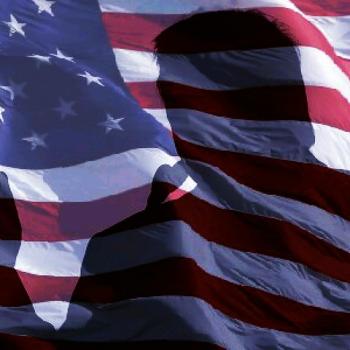What is this “fiscal cliff” that commenters and pollsters talk about? What difference does it make to you and me?
The following excerpt from a Yahoo Finance article does a good job of answering these questions.
As usual, our elected officials are taking polls to learn what we the people think about their brinksmanship politics. They use the results of these polls to determine how far they can go in endangering the rest of us and keep their jobs. I don’t read much about them putting our country first, just how they can frame their irresponsibility so that the other guy takes the political fall for it.
BOTH parties are at fault here. NEITHER party appears to give a care about this country.
Pollsters are polling us. Politicians who don’t care about governing are using those polls to determine their next move in the one thing they do care about, which is making the opposite political party look bad.
I doubt that many people who are being polled know what the “fiscal cliff” is, or why it matters to them. I don’t want Public Catholic readers to be that uninformed.
The Yahoo Finance article says in part:
The fiscal cliff refers to the potentially disastrous situation the U-S faces at the end of this year. At midnight on December 31st, a number of laws are set to expire. If the President and the Republicans don’t reach an agreement before then, Americans could face broad government spending cuts and tax increases on January 1st. The combined amount would total over 500 billion dollars. Those 500 billion dollars equal about three to four percent of the nation’s entire gross domestic product. This is what’s referred to as the fiscal cliff.
If there isn’t a resolution, here are the specifics of what will happen.
Taxes would go up for almost every taxpayer and many businesses. The Bush-era tax cuts, which tax relief for middle and upper-class tax payers, would be a thing of the past. So would President Obama’s payroll tax cut which added about a thousand dollars a year to the average worker’s income.
Government spending would be slashed. That means less money for most military, domestic and federal programs. $26 billion in emergency unemployment-compensation would be gone. Medicare payments to doctors would be reduced by $11 billion. Federal programs would take the biggest hit. They stand to lose a total of $65 billion.
If the fiscal cliff isn’t avoided, some investors will be hit hard. Those who receive qualified dividends could see the tax rate on those dividends go from 15% to almost 40% in 2013.
Many business owners believe going over the fiscal cliff will cripple the economy, triggering a deep recession. (Read more here.)












